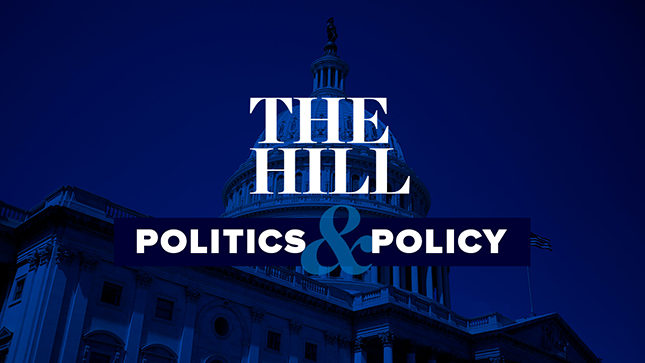This piece originally appeared in the The Hill on February 16, 2024.
Everyone loves to hate the Federal Election Commission (FEC). Politicians hate it because it regulates their campaigns. Civil libertarians hate it because it regulates speech. But mostly, “good government” types hate it, because, they claim, its bipartisan structure—it has three Democratic and three Republican appointees—makes it an ineffective enforcer.
It is true that the FEC’s bipartisan structure will lead it to tie votes at times. But this is a feature, not a bug. The FEC’s current structure intentionally ensures that bipartisan consensus is a prerequisite for determining whether a violation occurred, or for adopting regulations that can affect our vital free speech rights. In this era of “lawfare,” it is hard to imagine an agency required to regulate political campaigns would have any legitimacy without this bipartisan structure.
Think about it for a minute. Would a Democratic candidate want an FEC with Donald Trump’s majority deciding whether a violation occurred? Would a pro-life PAC want a President Biden majority on the FEC deciding whether a complaint against them deserved a full-blown investigation? To ask the question is to answer it.
In fact, the FEC is working about as well as we could expect. How easy is it to be the nation’s campaign speech cop? Yet, in the last three years, with four relatively new commissioners, the FEC has accomplished a great deal.
While Congress remains mired in gridlock, bipartisan work is getting done at the FEC. When the new commissioners arrived, the FEC had a huge backlog of unresolved complaints. These piled up during times when, due to presidential and congressional inaction, the FEC either had four or fewer commissioners of its statutory six commissioners. This created a problem, since most actions require four votes to approve, regardless of the number of commissioners. But the Commissioner has cleared the pile of the older complaints.
The FEC also recently produced an excellent example of how it is working on a bipartisan basis when it unanimously passed updated rules that updated language and regulations related to the “internet exemption.” This internet exemption, created by the Commission over 20 years ago, has been crucial to modern political discourse. It provides that unpaid internet communications (including social media posts) by individuals or nonprofits are exempt from regulation.
The new rules explain that the exemption does not apply when payments are made to advertising platforms to boost the reach of their content. However, the FEC left in place the exemption for the expenses individuals or groups incur to make freely shared content. This distinction makes sense, as the law has long provided an exemption for the media and both the internet and social media serve many of the functions of traditional media.
The FEC’s updating of the internet exemption reflects the relative importance of modern social media as compared to blogs, which triggered the first iteration of the internet exemption. It frees groups from onerous, unnecessary restrictions that can easily “chill” free political speech.
In December, the FEC also unanimously approved a package of 16 different legislative recommendations for Congress. These included modernizing disclosure regulations for conduits like ActBlue or WinRed and increasing and indexing for inflation certain campaign finance limitations, thresholds, and exemptions. Swift congressional extension of the FEC’s Administrative Fine Program, which the FEC also requested last year, shows lawmakers might finally be starting to pay attention to the FEC’s suggestions to improve the campaign finance laws.
The thoughtful way in which the FEC enacted these recent reforms demonstrates the value of the Commission’s bipartisan structure and sharply refutes one of its critics’ core arguments. Rather than being a defect, the FEC’s bipartisanship enables the Commission to carefully balance transparency priorities against participation and innovation goals without threatening free expression.
Where occasional gridlock occurs over unclear statutes or regulations impinging on constitutional rights, the existing bipartisan setup ensures that neither party can use the agency as a weapon to punish political opponents.
But, where ties occur, it’s often because the law is unclear. As their recent actions demonstrate, the Commission works well when the law and facts are clear.
The FEC is charged with the difficult task of enforcing and interpreting often complex campaign finance laws while promoting transparency for contributions to candidates, parties, and political committees.
Its bipartisan makeup helps provide the FEC with the credibility to achieve this challenging objective—and to keep the Commission from becoming a political weapon. Its recent successes show that bipartisanship can deliver balanced enforcement and constructive reforms.
Bradley Smith is former chairman of the Federal Election Commission and Chairman of the Institute for Free Speech.














